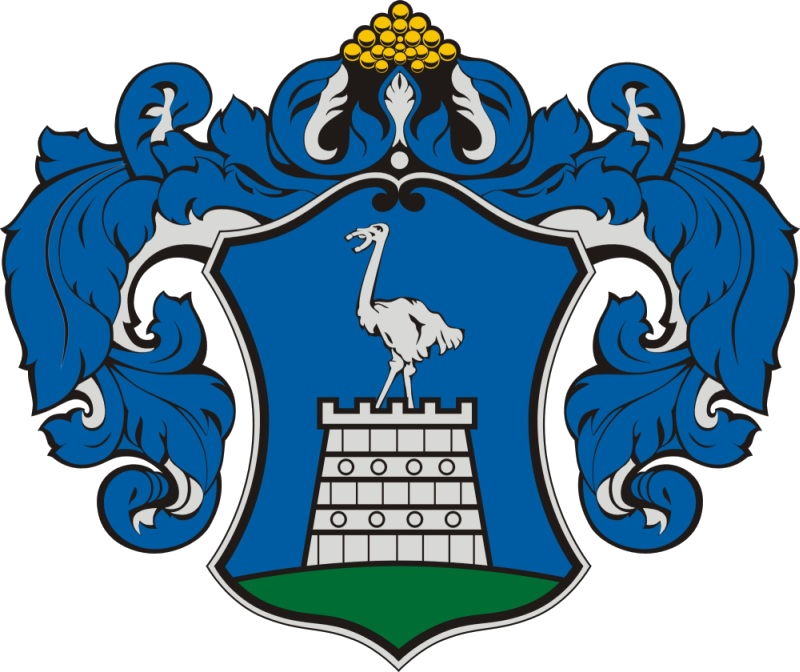Net Zero SMEs
Contact person(s): Anita Bálint - balint.anita@vasmegye.hu
Project summary:
issue addressed:
Achieving the EU's objective of a carbon-free and resilient economy requires a substantial boost to Europe’s manufacturing capacity for net-zero technologies, such as innovative RES infrastructure and energy storage systems.
This urgency is highlighted by the net-zero Industry Act, which also emphasises the role of SMEs in driving the production of clean technologies, stimulating green job creation, and reducing dependencies on imported technologies.
Yet, net-zero SMEs in the EU often face significant growth obstacles, including limited access to capital for scaling-up their activities, and difficulties in establishing R&D partnerships to foster innovation.
aim:
The project will enable the participating regions to strengthen and accelerate innovation-driven economic growth, putting net-zero SMEs at the forefront of this endeavour.
- To this end, the project foresees the implementation of policy mapping activities,
- mutual capacity building workshops and study visits, and
- peer assessments of policy interventions,
which will all enable partners to:
- 1. Create new investment opportunities and financial schemes that will boost net-zero industrial growth through innovative and collaborative ventures.
- 2. Promote the establishment of collaboration schemes between net-zero SMEs, research actors and business ecosystems,
thereby boosting innovation and access to new markets.
LEAD PARTNER:
Epirus Region (Greece)
Project partnership:
Province of Hainaut (Belgium)
Vas County Government Office (Hungary)
Gabrovo Municipality (Bulgaria)
Energy City Skive, Skive Municipality (Denmark)
City of Helsingborg (Sweden)
University of Patras (Greece)
Discovery partner:
NGO Fund Regional Center for Economic Research and Business Support (Ukraine)
Associated Policy Authority
Region of Western Greece (Greece)
Public Service of Wallonia-Economy, Employment, Research Economic Policy Directorate (Belgium)
„The project is realized in the Interreg Europe Program with the co-financing of the ERDF, the European Union and Hungary.”




